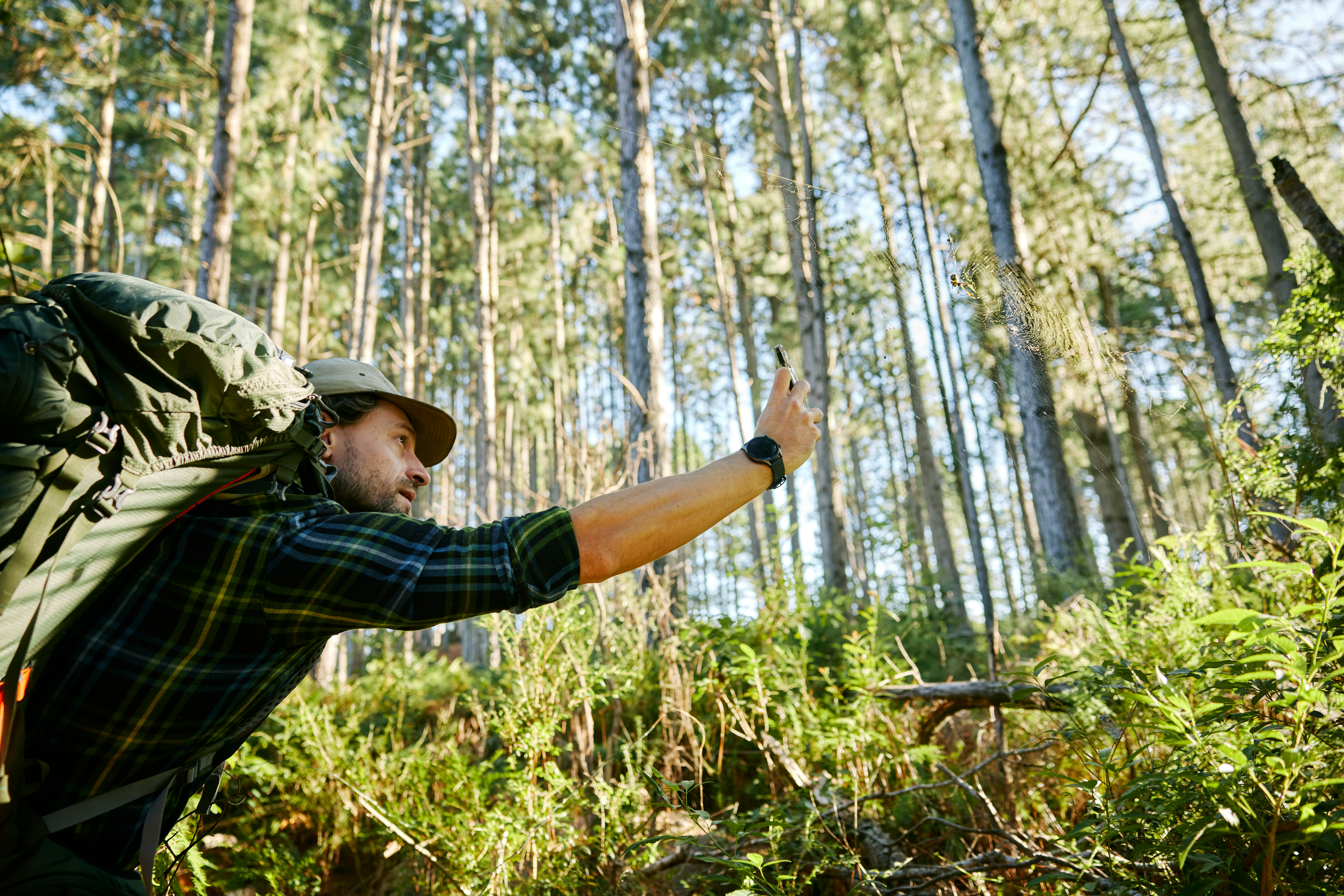
Hunting has long been a part of human culture, providing food, recreation, and connection to nature. However, as environmental concerns grow, hunters face increasing scrutiny about their practices. Eco-friendly hunting emerges as a solution, allowing enthusiasts to enjoy their sport while respecting and preserving the environment. This article explores eco-friendly hunting practices, the importance of environmental ethics in the sport, and how hunters can make a positive impact.
Understanding Eco-Friendly Hunting
Eco-friendly hunting, often referred to as sustainable hunting, involves practices that minimize harm to the environment while promoting the conservation of wildlife and their habitats. This approach balances the need for recreation with a commitment to ecological stewardship, recognizing that responsible hunters can play a vital role in conservation efforts.
At its core, eco-friendly hunting emphasizes respect for the environment, wildlife, and the ecosystems that support them. It encourages hunters to consider the broader implications of their actions and advocates for practices that contribute to the health of natural habitats and the well-being of animal populations.
The Importance of Environmental Ethics in Hunting
As society becomes increasingly aware of environmental issues, the ethical considerations surrounding hunting have come to the forefront. Environmental ethics is a philosophical framework that guides individuals in determining what is morally right and wrong regarding the natural world. In hunting, this translates to understanding the impact of hunting practices on ecosystems, biodiversity, and animal welfare.
Hunters who embrace environmental ethics acknowledge their role as stewards of the land. They understand that their actions can have lasting consequences, both positive and negative, on wildlife populations and habitats. By adopting an ethical approach, hunters can contribute to the conservation of species, protect habitats, and promote sustainable practices that benefit future generations.
Sustainable Hunting Practices
Hunting can be aligned with environmental ethics through a variety of sustainable practices. Selective hunting involves targeting specific abundant species that are not at risk of overexploitation. By avoiding hunting threatened or endangered species, hunters can help maintain balanced ecosystems and promote biodiversity. Understanding local wildlife populations and their status is crucial for responsible hunting.
Adopting Ethical Shooting Practices
It is vital to use appropriate equipment and methods to ensure a quick and humane kill. Hunters should invest in high-quality gear, including firearms and ammunition, suitable for the game they pursue. Additionally, hunters should practice regularly to improve their shooting skills, reducing the chances of wounding animals and ensuring a more ethical approach to the sport.
Conservation Funding
Many hunting organizations contribute to conservation efforts by funding and supporting habitat restoration projects. By participating in these initiatives, hunters can help protect and enhance natural habitats for wildlife. This collaborative effort not only benefits the environment but also fosters positive relationships between hunters and conservation organizations.
Participating in Wildlife Management Programs
Many regions have established wildlife management programs aimed at monitoring and sustaining animal populations. Hunters can participate in these programs by providing data on their hunts, assisting with population surveys, and supporting regulations that promote sustainable practices. Engaging in such programs helps ensure that hunting remains a viable and responsible activity.
Promoting Habitat Conservation
Hunters can take an active role in habitat conservation by volunteering for restoration projects, advocating for the protection of natural areas, and supporting policies that prioritize conservation. Healthy habitats are essential for wildlife populations, and hunters can be powerful allies in these efforts.
Educating and Advocating for Responsible Hunting
Education plays a critical role in promoting eco-friendly hunting practices. Hunters should stay informed about local wildlife regulations, best practices for sustainable hunting, and the ecological implications of their sport. Many organizations offer resources, workshops, and training sessions to help hunters become more knowledgeable about conservation and ethical practices.
Advocacy, in addition to education, is essential for fostering a culture of responsible hunting. Hunters can engage with their communities, sharing information about sustainable practices and the importance of conservation. By advocating for policies that support wildlife protection and habitat conservation, hunters can help shape a more sustainable future for their sport.
The Role of Technology in Eco-Friendly Hunting
Advancements in technology can enhance eco-friendly hunting practices. From GPS tracking devices that monitor wildlife populations to apps that provide real-time information about hunting regulations and best practices, technology offers hunters valuable tools for responsible sport. Innovations in gear, such as biodegradable ammunition and eco-friendly clothing, also contribute to reducing the environmental impact of hunting.
Balancing Tradition and Conservation
Hunting is steeped in tradition, and many hunters take pride in their heritage. However, balancing these traditions with the need for conservation is essential for the sport’s future. By embracing eco-friendly practices, hunters can honor their traditions while ensuring that future generations have the opportunity to enjoy the outdoors.
Eco-friendly hunting represents a path forward for the sport, allowing hunters to enjoy their passion while embracing environmental ethics. By adopting sustainable practices, engaging in conservation efforts, and advocating for responsible hunting, hunters can make a meaningful impact on the environment. As we navigate the challenges of a changing world, the commitment to eco-friendly hunting will not only ensure the survival of wildlife and habitats but also preserve the rich tradition of hunting for future generations. Through this alignment of sport and ethics, hunters can play a vital role in safeguarding the natural world and fostering a more sustainable future.